
Tanya Abreu
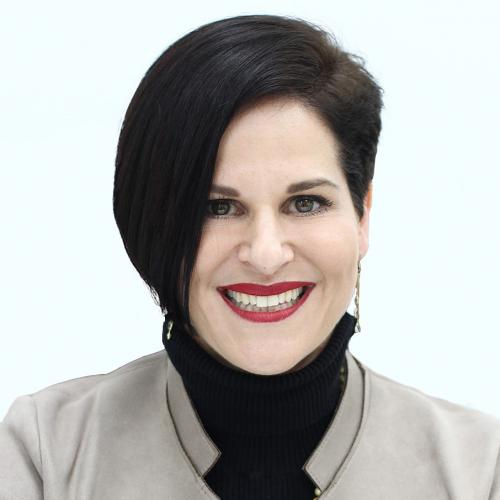
Keren Leshem, MBA
Seasoned executive with over 20 years' experience in the medical device & pharmaceutical industries specializing in the management of innovative start-ups, strategy, commercialization, BD and financing.
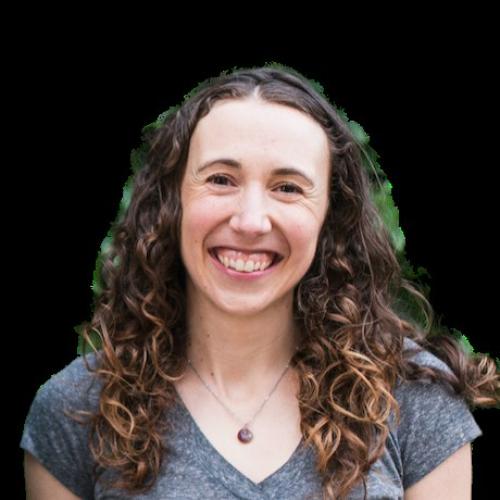
Holly Rockweiler
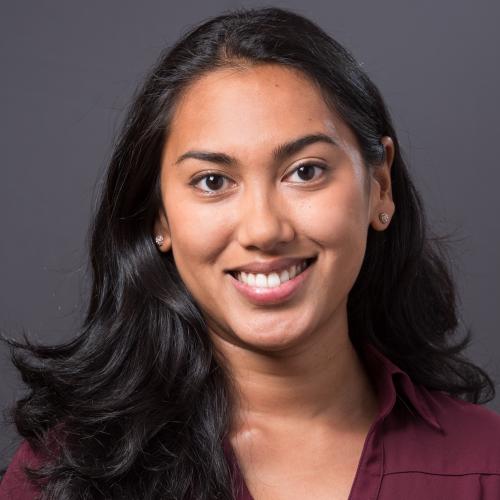
Sofia Noori MD, MPH
Dr. Sofia Noori is a third-year resident physician in the Yale Department of Psychiatry. At Yale she serves as the curriculum lead for Innovation to Impact, a NIDA-funded substance use entrepreneurship program that helps addiction researchers and clinicians commercialize their insights for the public good. She is a founding member of the Center for Digital Psychiatry at the Connecticut Mental Health Center, which aims to integrate digital health in the care of patients with serious mental illness. Dr. Noori is a 2019 scholar at Flare Capital Partners in Boston, MA.
Aside from her endeavors in digital health, Dr. Noori deeply cares about the wellbeing of women. She is the co-founder of the Women’s Mental Health Conference at Yale, the first trainee-led women’s mental health conference in the world. Dr. Noori also co-founded the Yale Women’s Housestaff Organization, which advocates for improved working conditions for the over 700 women residents and fellows at Yale.
Dr. Noori is an MD graduate of the PRIME program at UCSF School of Medicine, a dual-degree program that trains emerging physician-leaders to transform care for underserved populations. She received her MPH in health policy and management at UC Berkeley. She is passionate about women’s mental health and the use of technology to improve health equity.
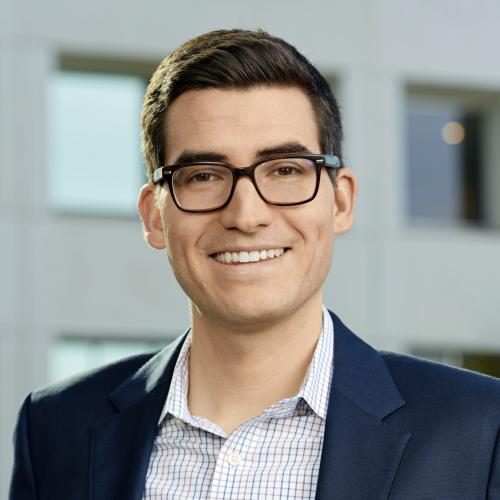
Jarrad Aguirre, MD, MBA
Jarrad Aguirre, MD, MBA, is Head of Corporate Strategy and Advocacy at Myovant Sciences, a healthcare company focused on women's health and prostate cancer. In this role, he oversees corporate communications, patient advocacy, and digital strategy, and serves on the Executive Committee.
Prior to joining Myovant, Jarrad worked as a physician, researcher, and consultant across the spectrum of health and healthcare, including at Brigham and Women's Hospital (a teaching hospital of Harvard Medical School), The Colorado Health Foundation, the Bill & Melinda Gates Foundation, and Collective Health.
He graduated with honors from Yale University and University of Oxford, where he studied as a Rhodes Scholar. He completed the MD/MBA at Stanford University, supported by the Jack Kent Cooke Foundation Graduate Scholarship.
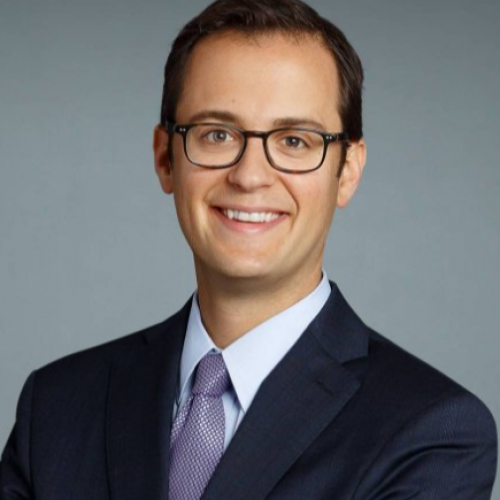
Dr Benjamin Brucker, MD
One of my grandfathers was a general surgeon and the other was an obstetrician—I chose a specialty that is the perfect blend of their fields. I specialize in urology, urogynecology, and surgery, and I help to manage bladder problems, incontinence, urinary tract infections, pelvic organ prolapse, and other conditions.
I use a combination of traditional approaches and advanced, minimally invasive techniques to improve safety, speed of recovery, and outcomes for my patients. I maintain wonderful relationships with my patients and find it incredibly rewarding to help them by managing their conditions and performing surgeries.
It is vital for physicians to completely understand how a condition affects a patient. To do so, we must be familiar with the person’s overall health, sense of wellbeing, and quality of life, as well as the impact of the condition on the person’s relationships and families.
Having this information helps me to create individualized treatment plans. Treatments cannot be “one size fits all,” because every patient experience is unique. Our team, regarded as one of the best in the world, pays close attention to each person’s needs and diagnosis.
In addition to treating patients, I conduct research on incontinence, the effects of multiple sclerosis and neurologic disorders on the bladder, and treatment of people with overactive bladder and benign prostatic hyperplasia, or an enlarged prostate. I’m very fortunate to have received a grant from the Allergan Foundation to continue my research on incontinence. This funding also enables me to train future leaders in the field.
I am proud to have been selected by Super Doctors for a “Rising Star” distinction in the New York Metro area and by The Leading Physicians of the World for a “Top Urologist” award.

Aarathi Singh
Aarathi Singh is a senior executive in the medical device industry with 15+ years of strategy and operating experience. She has a strong background in marketing, sales force optimization, and the commercialization of innovative technologies. Aarathi is Chief Operating Officer of MedGyn, a global manufacturer and distributor for women’s health products. Through Aarathi’s leadership the company has expanded into international markets and new product lines to address the unmet needs in women’s health throughout the world, including partnerships with governments, NGOs, and leading healthcare organizations. Prior to joining MedGyn, Aarathi held positions of increasing responsibility at Deloitte Consulting and at Johnson & Johnson. Aarathi has a BS in Finance from Boston University and a MBA from Northwestern University Kellogg School of Management.
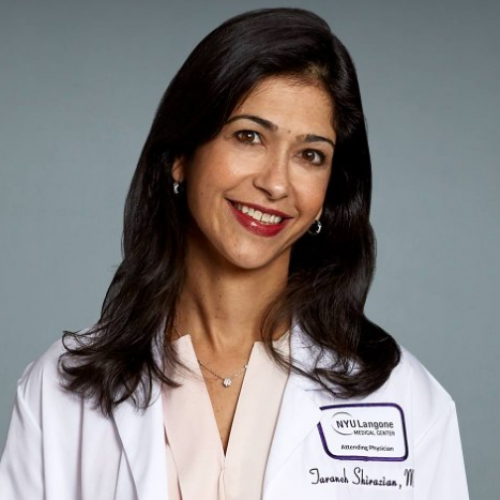
Dr Taraneh Shirazian
As a board certified gynecologist at NYU Langone, I specialize in minimally invasive gynecologic surgery and the management of many common health issues affecting women. These include uterine fibroids, ovarian cysts, abnormal uterine bleeding, abnormal pap smears, uterine prolapse, and menopause. I also treat women who have received an abnormal Pap test result.
In the office, I perform procedures such as loop electrosurgical excision to diagnose abnormal or cancerous conditions, hysteroscopy to examine the uterus, and colposcopy to examine the cervix, vagina, and vulva.
I perform all types of surgeries for benign gynecological conditions, such as endometriosis, uterine fibroids, and ovarian cysts. These procedures include laparoscopic, minimally invasive surgeries, such as myomectomy, hysterectomy, and ovarian cystectomy.
In my practice, I emphasize patient education and empowerment. I take the time to ensure that every woman I see understands the details of her condition and has the knowledge to make the best decisions about treatment.
As the director of Global Women’s Health in NYU’s College of Global Public Health, I actively research and raise awareness about global health and women’s health issues. I also serve as the president and medical director of Saving Mothers, a nonprofit organization I founded that focuses on women’s health, education, and empowerment in low resource regions.
My research focuses on interventions that can help to reduce the number of women who die during pregnancy or childbirth around the world. In addition, I have coauthored a book, Around the Globe for Women’s Health: A Practical Guide for the Health Care Provider, and am frequently called on for my expertise in women’s health by national media outlets, such as CBS News, The Today Show, and Good Morning America. I have been quoted in the Wall Street Journal, Women’s Day, Newsweek, and the New York Daily News.
Through the treatment I offer to patients, as well as my research and engagement with media outlets, I always strive to be an advocate for women, both locally and globally, and to champion women’s health education and self-empowerment.
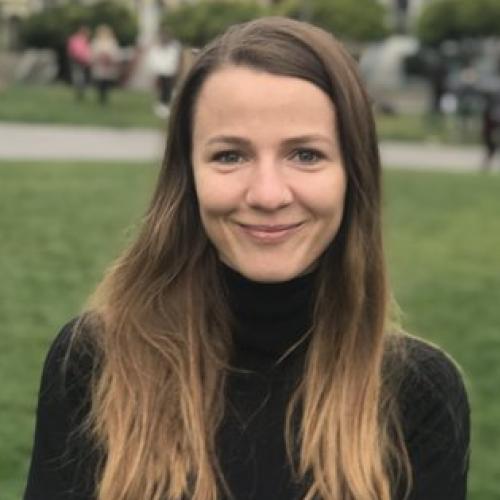
Kristina Cahojova
